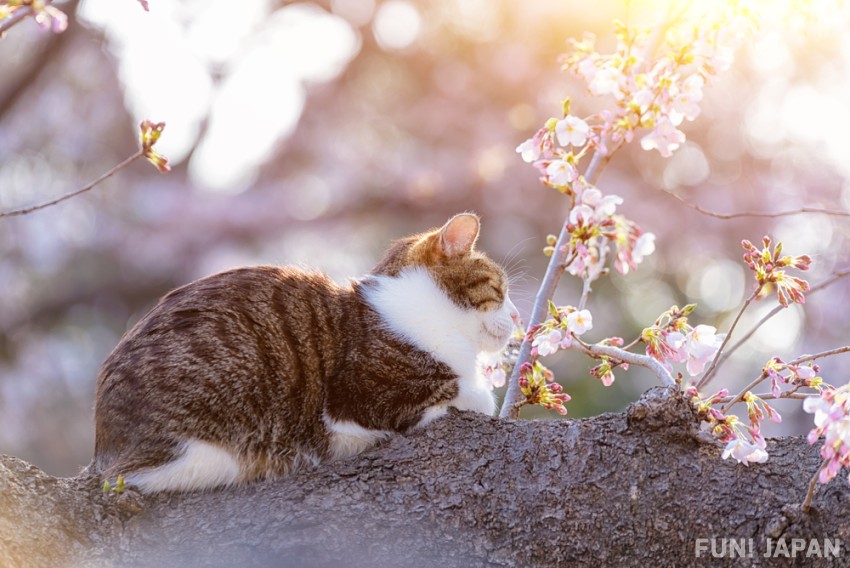
Cats - they are animals that, alongside dogs, are loved by many and have deeply integrated into our lives. In Japan, February 22nd has been designated as "Cat Day". But why was this February 22nd designated as "Cat Day"? We will introduce it while also mentioning an example of cat culture in Japan.
Related Article: 【Japanese Culture】List of Japanese anniversaries and "○○ Day". What day is it today?
Literature, Proverbs, Maneki-neko... "Cat Culture" in Japan
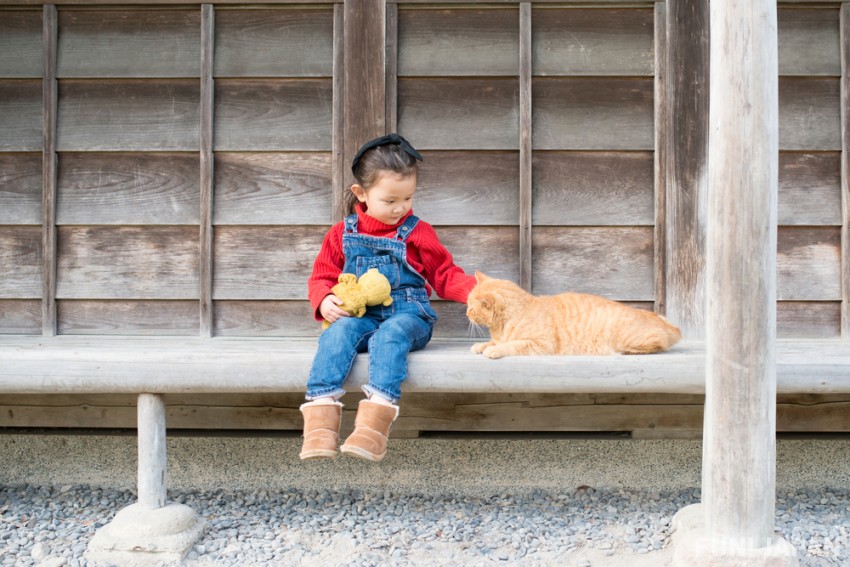
First, let's take a look at how deeply cats are ingrained in Japanese culture.
Haruki Murakami, Natsume Soseki... Cats in Japanese Literature
In the field of literature, not only is Natsume Soseki's novel "I Am a Cat" (吾輩は猫である) well-known, but in the works of Haruki Murakami, who is now a globally recognized author, for example in "Kafka on the Shore" (海辺のカフカ), a mysterious old man who can talk to cats also appears. Also, in his essay where he expresses his feelings towards his father, titled "Abandoning a Cat: What I Talk about When I Talk about My Father" (猫を棄てる 父親について語るとき), the presence of cats is symbolically depicted. In many excellent literary works, cats play a significant role.
What does "Neko ni koban" mean? Cats in Japanese Vocabulary
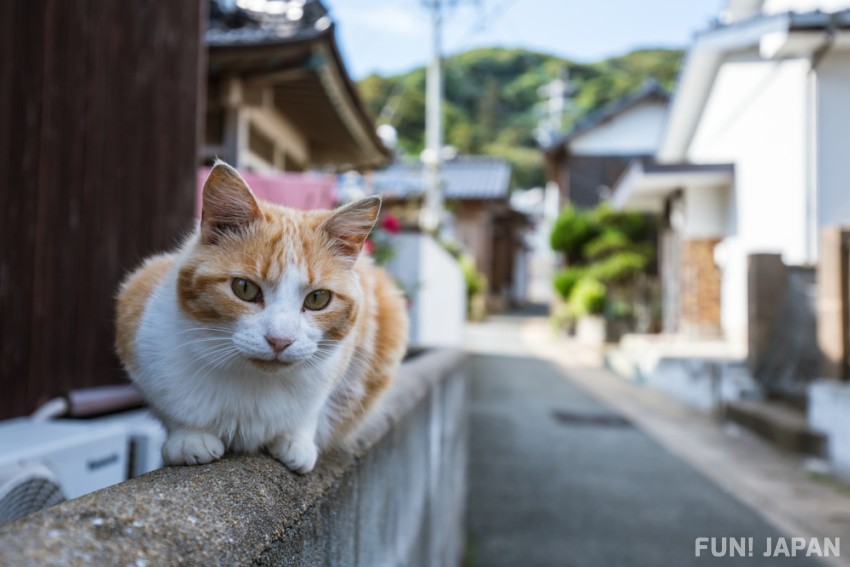
Also, in the Japanese vocabulary, there are many idiomatic expressions and proverbs related to cats.
Neko ni koban (猫に小判 - Goldcoin to a cat - 'Casting pearls before swine')
This phrase is used to describe a situation where 'no matter how valuable something is objectively, it is of no use to someone who does not understand it'.
Neko no te mo karitai (猫の手も借りたい - Want to borrow even a cat's paw - 'Busy as a beaver')
This phrase refers to a state of being extremely busy and wanting support or help from anyone, even from a cat.
Neko no hitai (猫の額 - Cat's forehead - 'Tiny bit of land')
This expression, derived from the small and narrow forehead of a cat, is used to describe 'a very cramped piece of land'.
Neko mo shakushi mo (猫も杓子も - Even cats and ladles - 'Everyone and their mother')
This expression describes the situation where ordinary people are involved in something.
Neko wo kaburu (猫を被る - To put on a cat - 'Play the hypocrite')
This phrase means 'to pretend to be innocent (after doing something bad)' or 'to hide one's true nature'.
Culture of 'Maneki-neko'
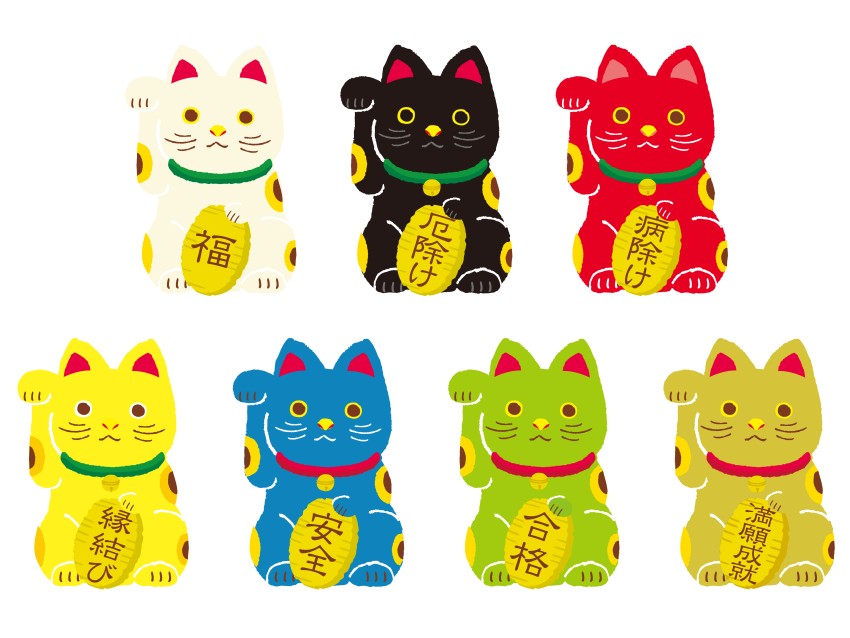
When discussing the culture of cats in Japan, the "Maneki-neko" or "beckoning cat" is an indispensable element. This is a figurine that was born in Japan during the Edo period as a lucky charm to "beckon fortune". Most commonly, it is a cat sitting on its hind legs, facing the viewer, and beckoning with one paw. There are various variations in the pose and color of the body, each with its own meaning and wish.
For example, which hand the Maneki-neko is beckoning with is interpreted as "a Maneki-neko raising its right hand beckons 'money', while one raising its left hand beckons 'people or customers'". Also, the height of the raised hand is said to be "if the raised hand exceeds the cat's ears, it is called 'long hand', and it beckons distant fortune or great fortune", and "if the hand is lower than the ears, it beckons nearby fortune or familiar happiness". In addition, the color of the cat's body is said to represent various wishes, such as "white for 'general good luck and household safety', gold for 'satisfaction of financial fortune', black for 'warding off evil and good luck', red for 'health and longevity', and pink for 'fulfillment of love'".
The rapidly growing popularity of "Cat Island" and "Cat Temple" in Japan tourism
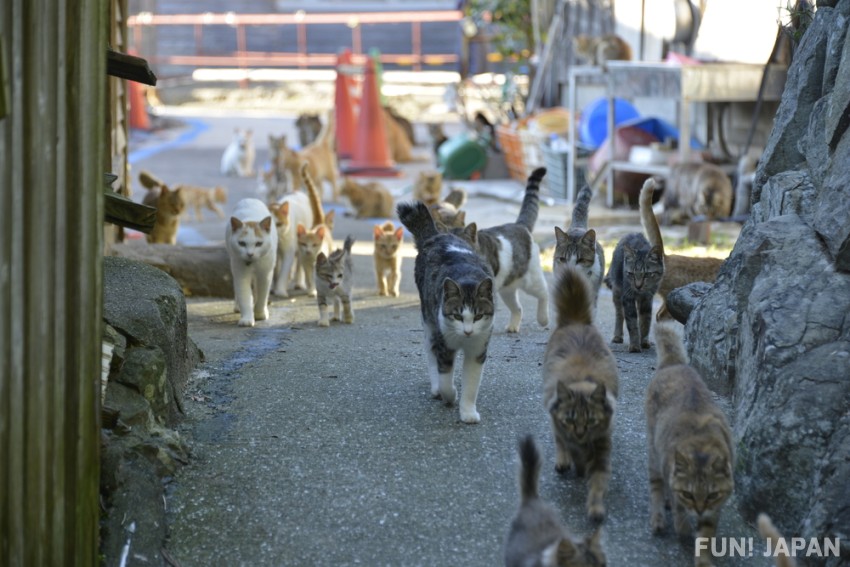
Recently, islands known as "Cat Islands" have been attracting attention, scattered throughout Japan, including the Seto Inland Sea. On these islands, cats live everywhere, and in some places, it is said that there are more cats living on the island than the number of residents living on the island. In addition, there are many "cat temples" where many cats live, including the "Gotanjoji Temple" in Fukui. If you are a person who loves cats, or if you want to interact with cats along with the cityscape, why not visit once with a camera in hand?
Why is February 22 "Cat Day"?
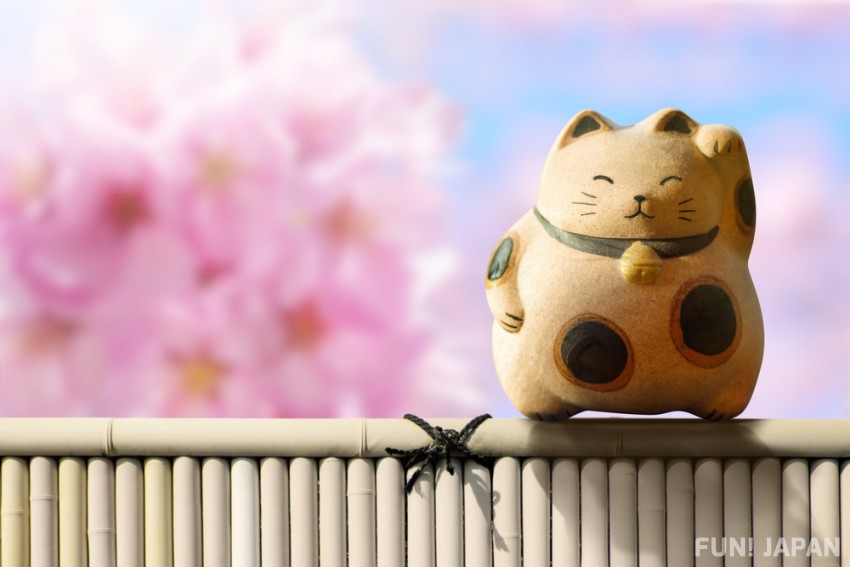
In Japan, February 22nd is designated as "Cat Day". This commemorative day was established in 1987 by the "Japan Cat Day Establishment Committee" in collaboration with the General Incorporated Association Pet Food Association, with the aim of "a day to appreciate the happiness of living with cats and savor this joy with them". The reason for choosing February 22nd is said to be a play on words, as the Japanese cat's meow "nyan" and the Japanese word for "2" sound similar.
In Japan, there is a practice called "Goroawase" (語呂合わせ - mnemonic sound or a play on words), where certain sounds from the Japanese syllabary are assigned to numbers from 0 to 9, as well as 10 and 100, and these sounds are associated with the sequence of numbers that have the same sound allocation. The number "2" is assigned sounds like "に (Ni)", "つ (Tsu, from 'Two')", "じ (Ji)", "ふ (Fu)", and among these, by associating the assigned sound "に (Ni)" with the cat's meow "にゃん" (Nyan), it is acceptable to designate February 22nd, a day where the number "2" appears a lot, as Cat Day.
By the way, this concept of mnemonic sound is not limited to this "Cat's Day", but is common in Japan. For example, "Mount Fuji Day" is set on February 23 because the combination of the numbers 2, 2, and 3 can be read as "Fu-ji-san", which is derived from a mnemonic sound.
Not only in the case of anniversaries, but also when preparing for a school history test, mnemonic sounds are often used to memorize the year in which a certain historical event occurred. For example, when memorizing the fact that the capital was moved to Heijo-kyo, the capital of Japan at the time, in 710 AD, it is often remembered as "Nanto Okina Heijo-kyo". This is based on the fact that the number 710 is divided into 7 and 10, and the sounds "na (n)" and "to/toh" are assigned to each.
Event Information for Japan's "Cat's Day"
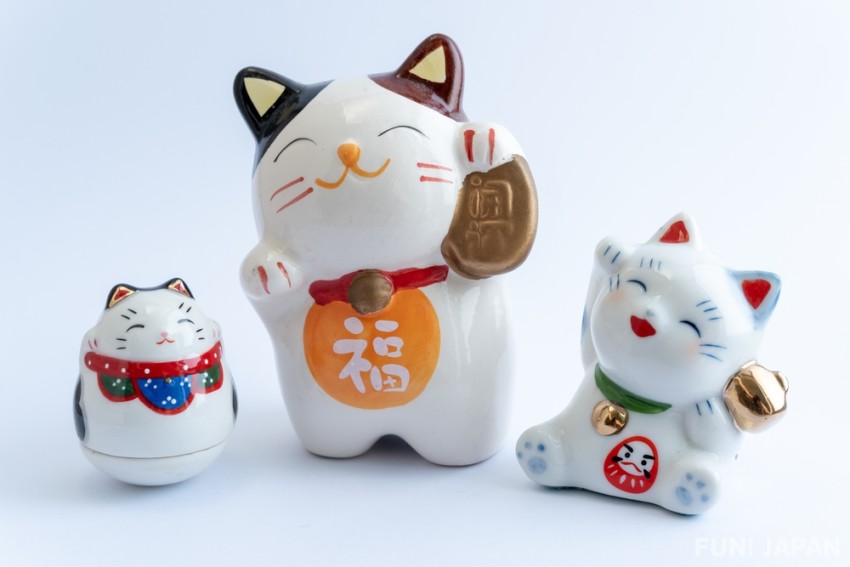
Now, around this Cat's Day, commemorative events are being held all over the country.
On February 17th and 18th, the "Chiyoda Cat Festival 2024" is held at the ward office in Chiyoda Ward, Tokyo. Every year at this event, there are lectures on cat diseases and living with cats, veterinary job experiences, a "cat rakugo" stage, and workshops for children.
In Maniwa City, Okayama Prefecture, the "Cat Fest 2024" is held on February 17th and 18th. This event features exhibitions of illustrations and pottery works themed on cats, workshops for making cat toys and original can badges, and introductions to local cat activities.
Why not visit the venue according to your interests and curiosity?
World "Cat Day" and other animal's day
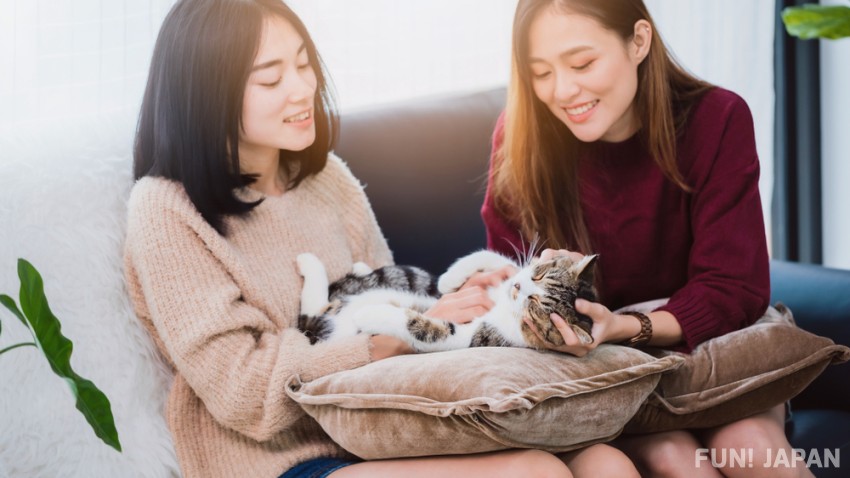
When we look at the world, many countries in Europe celebrate "Cat Day" on "February 17", Russia on "March 1", and the United States on "October 29". In addition, in 2002, the International Fund for Animal Welfare designated "World Cat Day" on "August 8".
Also, there is a commemorative day for the "Maneki-neko" (beckoning cat), which was introduced earlier as part of Japanese cat culture. This was established in 1995 by a group called the "Japan Maneki-neko Club". Based on the play on words of "coming fortune" (ku (9) ru・fuku (29)), they designated September 29 as "Maneki-neko Day".
Besides cats, various animals have their own commemorative days. In Japan, "Dog Day" is November 1 ("Wan-Wan-Wan", "National Dog Day" in the US is August 26), "Bird-Loving Week" is from May 10 to 16, "Rabbit Day" in Japan is March 3, "World Hamster Day" is April 12 (Japan's "Hamster Day" is August 6 "Ha-Mu"), "World Animal Day" is October 4, and so on.
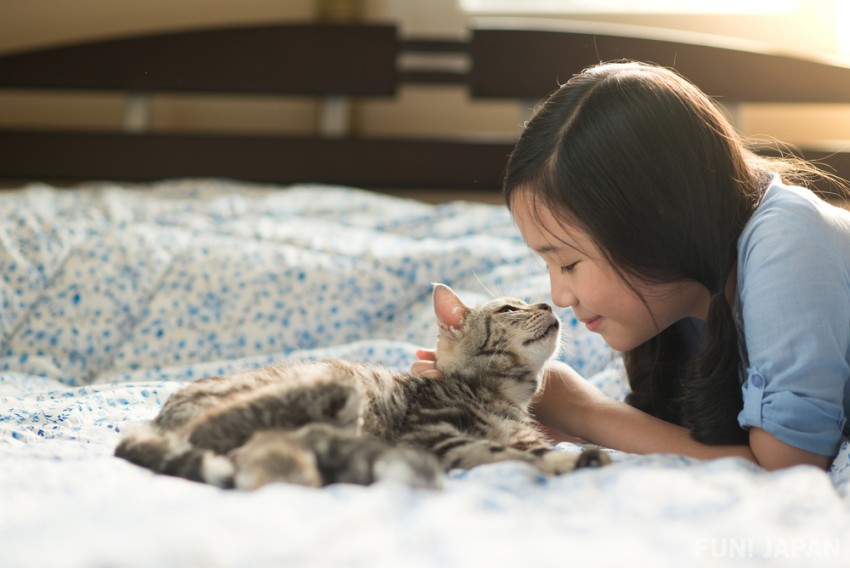
So far, we have delivered topics about the culture of cats in Japan, the "Cat's Day" established in Japan, and finally, a wide range of topics related to animal holidays other than cats. Whether you actually have a cat at home, live near a cute stray cat, or love cats but can't keep them due to circumstances, February 22nd is a day we all want to "appreciate the happiness of living with a cat".
Read other articles about anniversaries
【Japanese Culture】List of Japanese anniversaries and "○○ Day". What day is today?【2024 Version】Must-see before traveling to Japan! List of national holidays and long holidays in Japan
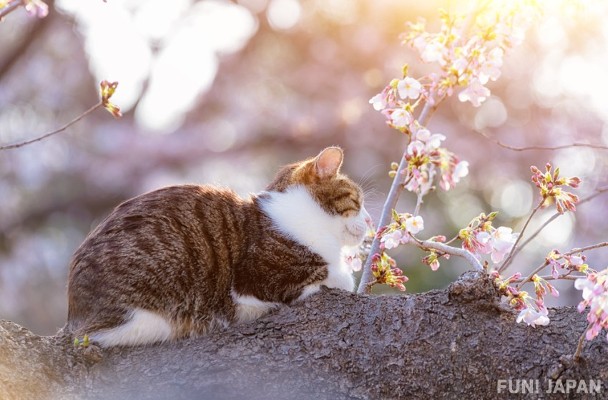
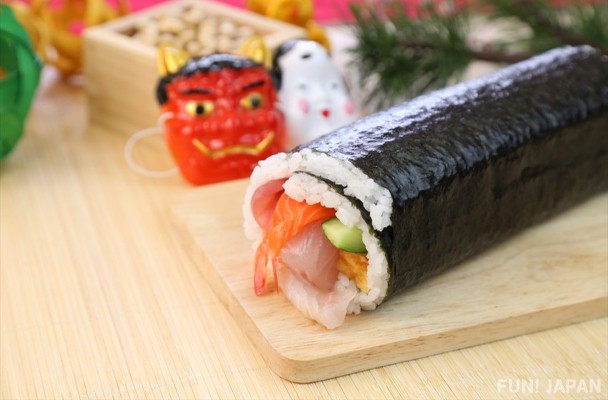

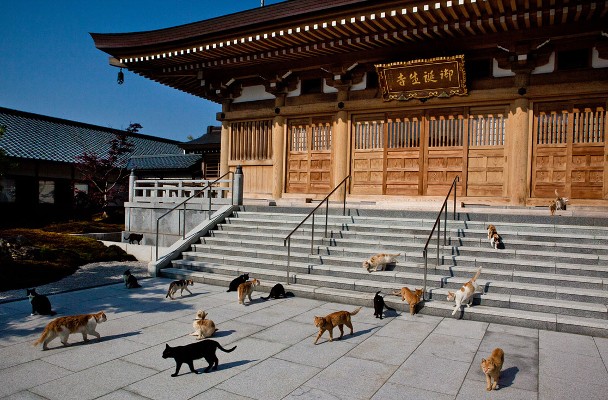
Comments